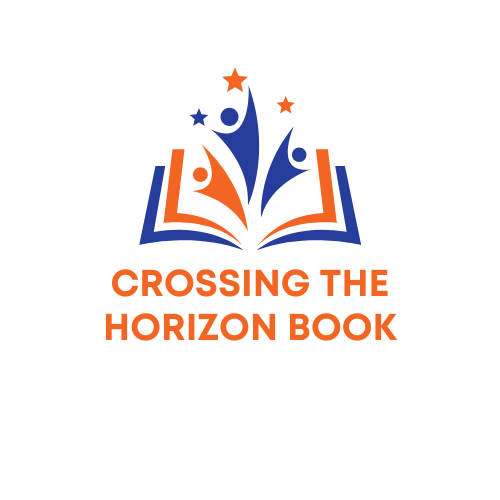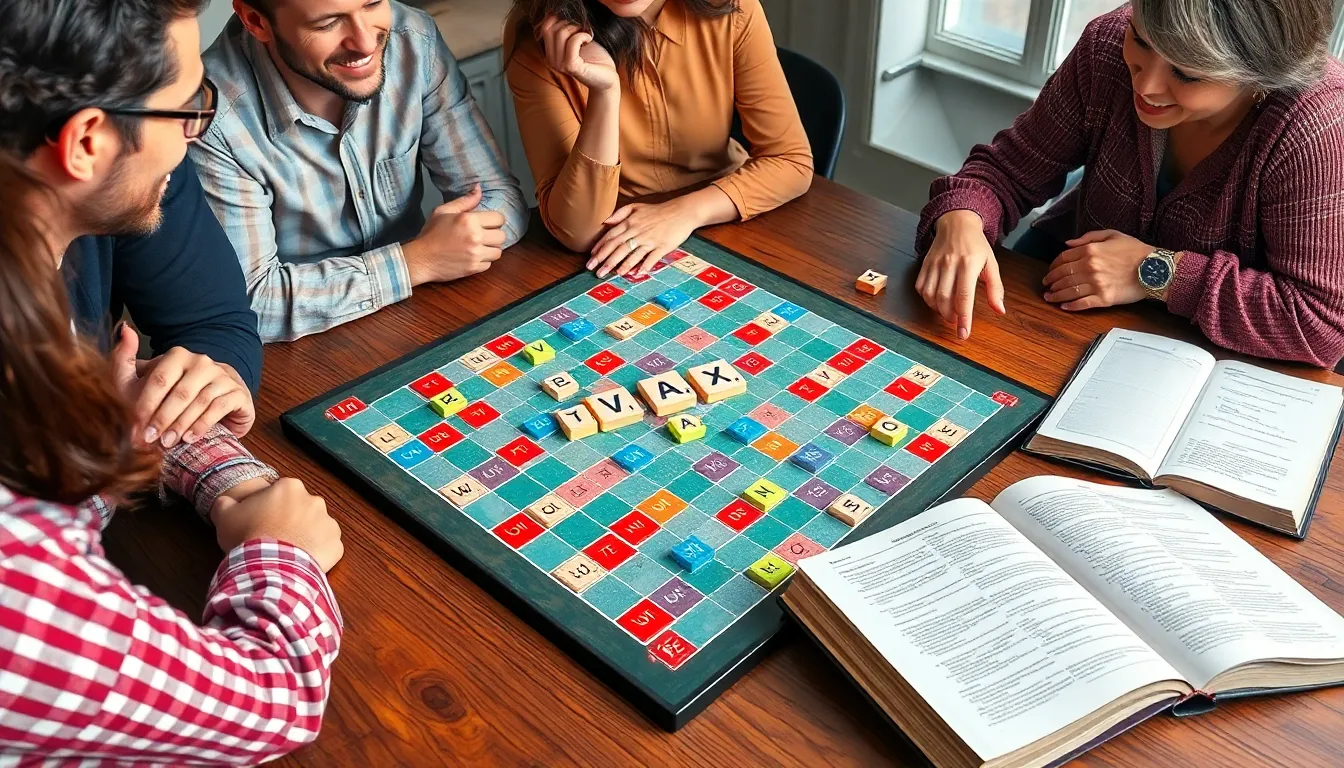Table of Contents
ToggleIn the ever-evolving world of Scrabble, where every letter counts and every point matters, players often find themselves questioning the legitimacy of certain words. Enter “vax,” a term that’s become a household name thanks to the pandemic. But can it strut its stuff on the Scrabble board, or will it be sent packing like an uninvited guest at a party?
As players gather around the game board, the debate heats up. Is “vax” just a trendy abbreviation or does it deserve a rightful place among the classic words? With its modern relevance and catchy vibe, it’s hard not to wonder if this little word can score big points. Let’s dive into the world of Scrabble legality and see if “vax” has what it takes to join the ranks of the lexicon elite.
Overview of Scrabble
Scrabble represents a popular word game where players create words on a game board using lettered tiles. Players score points based on the letters used and the placement of words. Each tile carries a point value, differentiating high-value letters from lower-value ones. The game emphasizes vocabulary knowledge, strategic placement, and the ability to think critically under pressure.
The legitimacy of words plays a crucial role in Scrabble. Players often consult dictionaries to verify acceptable words during gameplay. Various dictionaries serve as sources for word validity, including the Official Tournament and Club Word List and the Merriam-Webster Dictionary. The inclusion of new words, particularly trending ones, sparks discussions about evolving language within the game.
Word usage trends influence which words may gain acceptance over time. The rise of terms like “vax,” a shorthand for vaccination, reflects contemporary language shifts. Some players advocate for including such words, arguing they capture current societal developments. Others raise concerns about the trendiness of these terms, questioning their permanence in the lexicon.
Competition drives players to expand their vocabularies continually. Strong players often enjoy studying lesser-known words to gain an advantage. They explore various sources to discover new words that offer strategic gameplay benefits. Scrabble encourages engagement with language, making it essential for both casual and competitive players to stay informed about word validity.
The debate over word inclusion illustrates how language evolves. Capturing societal changes through language adds depth to word games. Scrabble provides a platform for this exploration, allowing players to navigate the complexities of vocabulary with each game played.
Word Validity in Scrabble
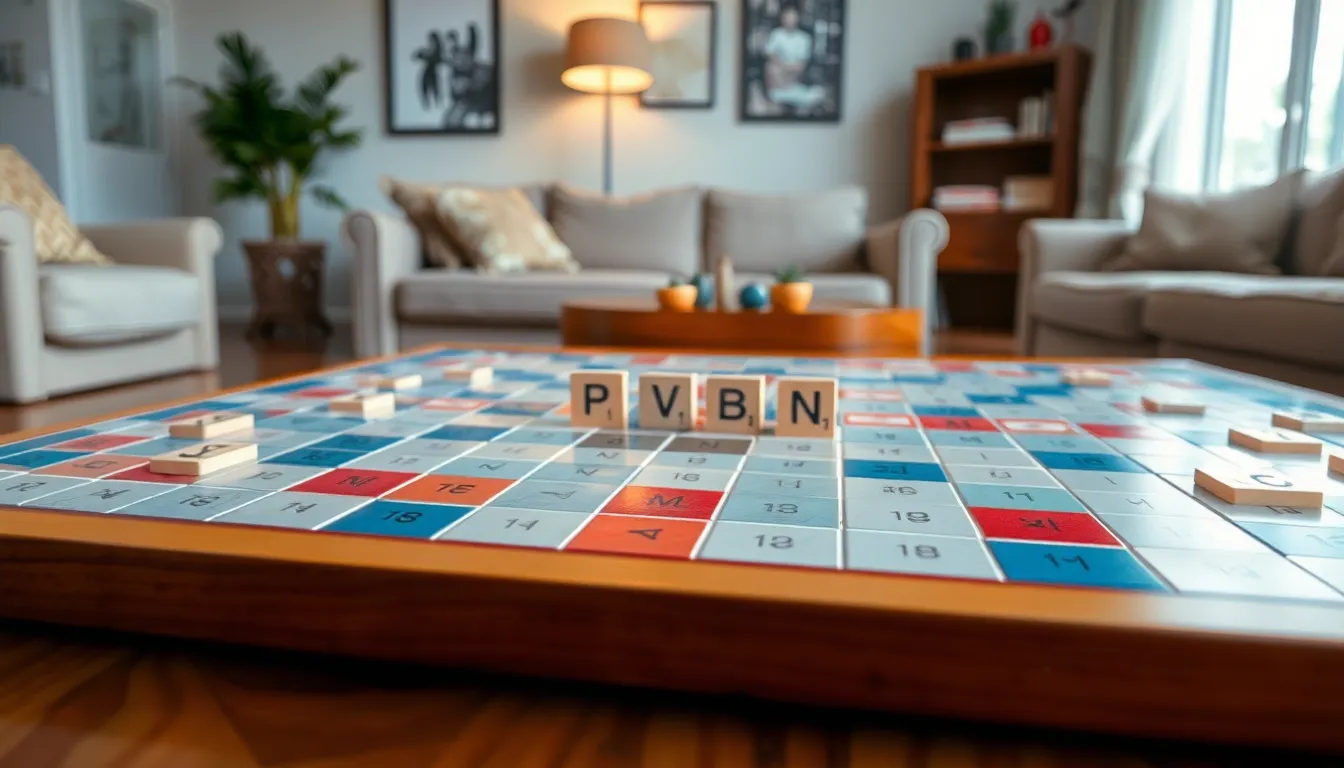
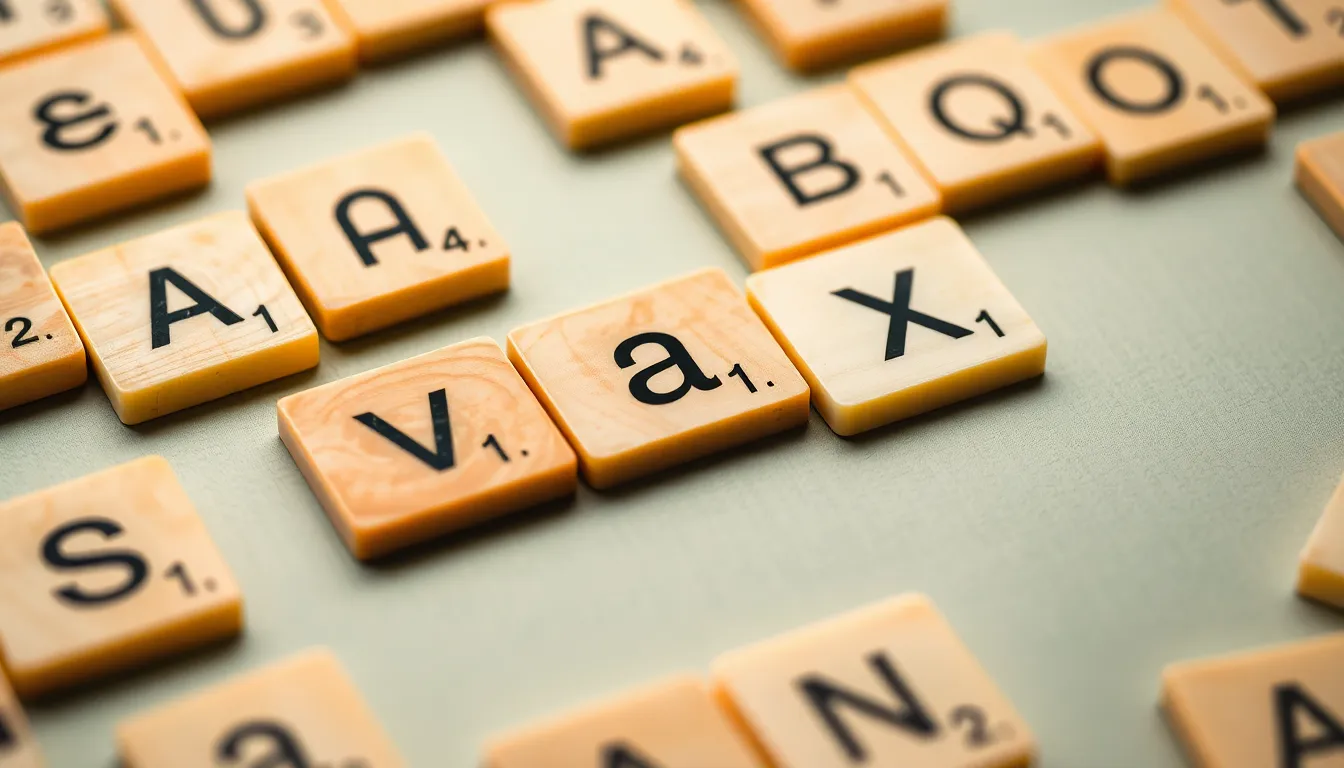
Determining the validity of the word “vax” in Scrabble depends on established lexicons. Many players look to the Official Scrabble Dictionary for guidance.
Official Scrabble Dictionary
The Official Scrabble Dictionary includes numerous words reflecting modern vernacular. Entries in this dictionary also adapt over time to include terms that gain popularity. As of now, “vax” has not secured a spot in this authoritative resource. Players seeking clarity about word validity typically reference this dictionary for approved terms. Inclusion is contingent upon extensive usage and acceptance in standard English.
Commonly Accepted Words
Commonly accepted words in Scrabble derive from a variety of sources, including both traditional and contemporary language. Many players utilize notable dictionaries, such as Merriam-Webster or the Oxford English Dictionary, to confirm accepted words. This adds a layer of credibility to gameplay and word selection. “Vax,” despite its prevalent use during the pandemic, remains outside mainstream acceptance. Continuous dialogue regarding language evolution shapes players’ understanding of word legitimacy.
Is Vax a Scrabble Word?
The status of “vax” in Scrabble remains a topic of interest for many players. Its widespread use during the pandemic raises questions about its acceptance in word gameplay.
Definition of Vax
“Vax” serves as a colloquial abbreviation for “vaccination.” It emerged prominently during the COVID-19 pandemic as discussions about immunization intensified. Such terms often reflect societal trends and changes in everyday language. As an informal term, “vax” gains recognition and usage but lacks sufficient standing to be classified as formal vocabulary in established dictionaries.
Usage in Scrabble Gameplay
Players consult the Official Scrabble Dictionary for guidance on acceptable words during gameplay. Since “vax” hasn’t yet been included, it remains ineligible for scoring in the game. Some players express interest in using contemporary words reflecting current events, while others prefer stricter adherence to traditional vocabulary. This ongoing debate highlights how language evolves in society, impacting word legitimacy in gaming contexts like Scrabble.
Community Opinion
The Scrabble community actively engages in debates about the legitimacy of the word “vax.” Opinions vary significantly among players regarding its acceptance in gameplay.
Scrabble Players’ Perspectives
Many players express frustration over the exclusion of “vax” from the Official Scrabble Dictionary. They argue that its popularity during the pandemic warrants inclusion as a legitimate word. Others maintain that its status as a trendy abbreviation undermines traditional vocabulary standards. The need for consistency in word legitimacy remains a central theme in these discussions. Players emphasize that including contemporary words like “vax” could make the game more reflective of current societal trends.
Online Discussions and Forums
Online platforms buzz with conversations about “vax” and its potential Scrabble status. Many participants share their experiences of using “vax” in casual play, despite its lack of official recognition. Community members frequently cite dictionaries as sources for validating words, underscoring their commitment to maintaining Scrabble’s integrity. Various forums allow players to share insights, conducting polls about including modern terms. The ongoing dialogue reflects a shifting landscape in language use and the game’s adaptation to modern vocabulary trends.
